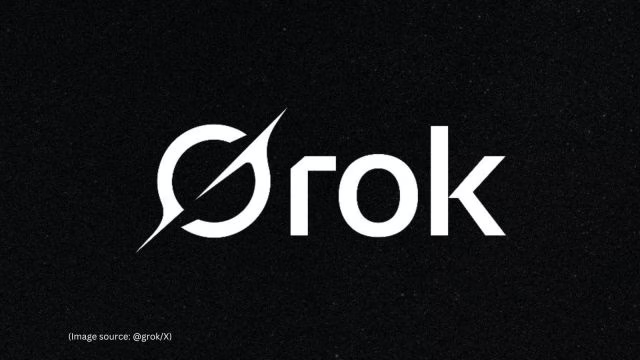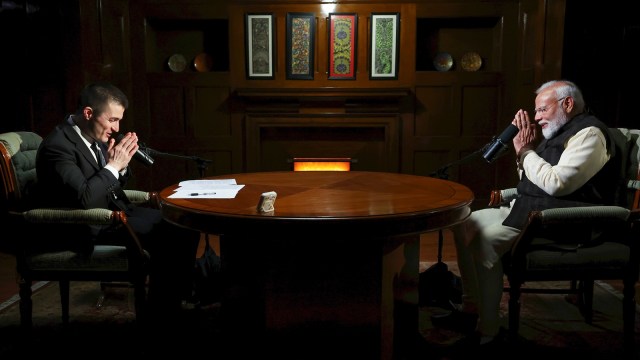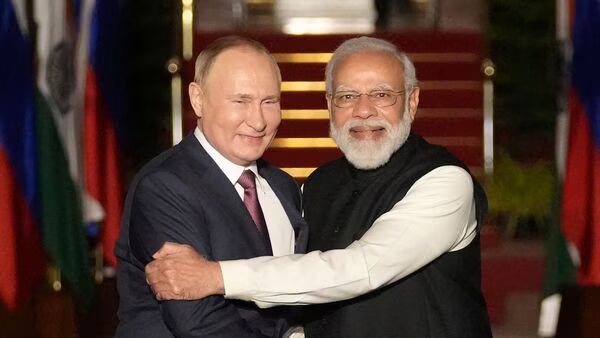Elon Musk’s social media platform, X (formerly known as Twitter), has initiated a legal challenge against the Indian government’s application of Section 79(3)(b) of the Information Technology (IT) Act, 2000. The company contends that the government’s use of this provision to issue content blocking orders establishes a “parallel” and “unlawful” censorship regime, infringing upon principles of free speech and due process.
Understanding Section 79(3)(b) of the IT Act
Section 79 of the IT Act provides intermediaries, such as social media platforms, with a “safe harbor” from liability for third-party content, provided they adhere to certain guidelines. Specifically, Section 79(3)(b) mandates that intermediaries must remove or disable access to specific content upon receiving actual knowledge of its illegality, or upon being notified by the appropriate government agency. Failure to comply results in the loss of this immunity, potentially exposing platforms to legal action.
X’s Legal Standpoint
X argues that the government’s current application of Section 79(3)(b) bypasses established legal procedures, effectively creating an alternative censorship mechanism without adequate oversight. The platform asserts that this practice not only undermines the foundational principles of intermediary liability but also poses significant risks to freedom of expression. By challenging this application, X seeks to reaffirm the necessity of judicial oversight and due process in content regulation. The Indian Express
A History of Contentious Interactions
This lawsuit is not an isolated incident but part of a broader pattern of disputes between X and the Indian government over content regulation:
-
2021 Farmer Protests: During the widespread farmer protests, the government directed X to remove numerous accounts and posts deemed inflammatory. The platform’s initial hesitation led to warnings of legal consequences for its employees.
-
2022 Content Blocking Orders: X filed a legal petition challenging government orders to block specific content, arguing that the directives lacked sufficient justification and infringed upon users’ rights. However, the Karnataka High Court dismissed X’s plea in June 2023, imposing a fine of ₹50 lakh for non-compliance.
Global Context of Content Moderation
The tension between governments and social media platforms over content regulation is a global phenomenon:
-
European Union: The EU has intensified investigations into X’s compliance with content moderation standards, particularly concerning the dissemination of illegal or harmful content. Non-compliance could result in substantial fines under the Digital Services Act.
-
Australia: Legislation has been introduced to fine social media companies up to 5% of their global revenue if they fail to combat misinformation, reflecting a global trend towards holding platforms accountable for the content they host.
Implications of the Legal Challenge
X’s legal action against the Indian government’s use of Section 79(3)(b) underscores the ongoing debate over the balance between regulating online content and protecting freedom of expression. The outcome of this case could set a significant precedent for intermediary liability and content moderation practices in India, potentially influencing how digital platforms operate within the country’s legal framework.
As digital platforms continue to navigate complex regulatory environments worldwide, the resolution of such legal challenges will play a crucial role in shaping the future of online speech and the responsibilities of intermediaries.



